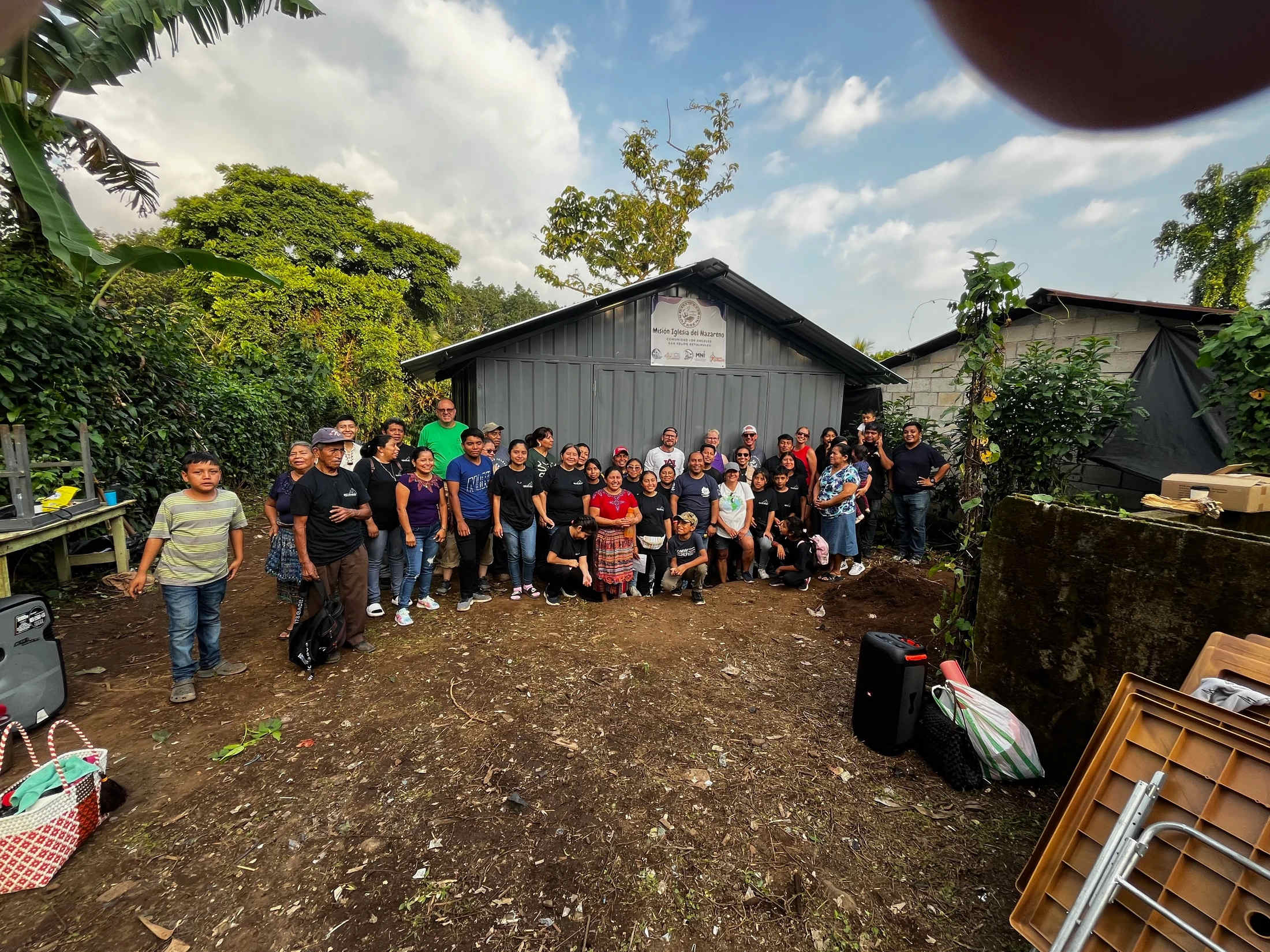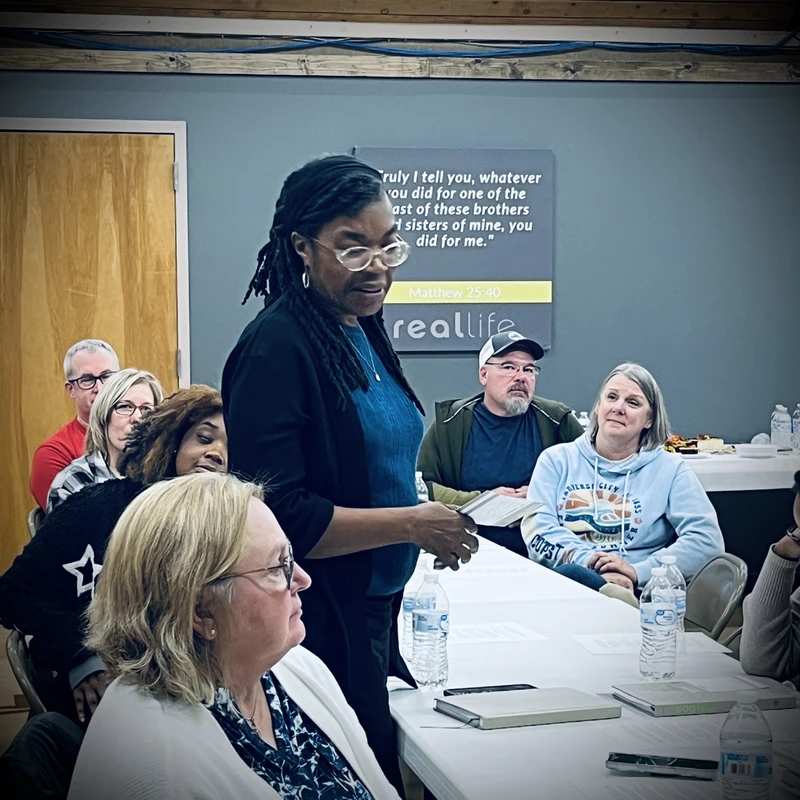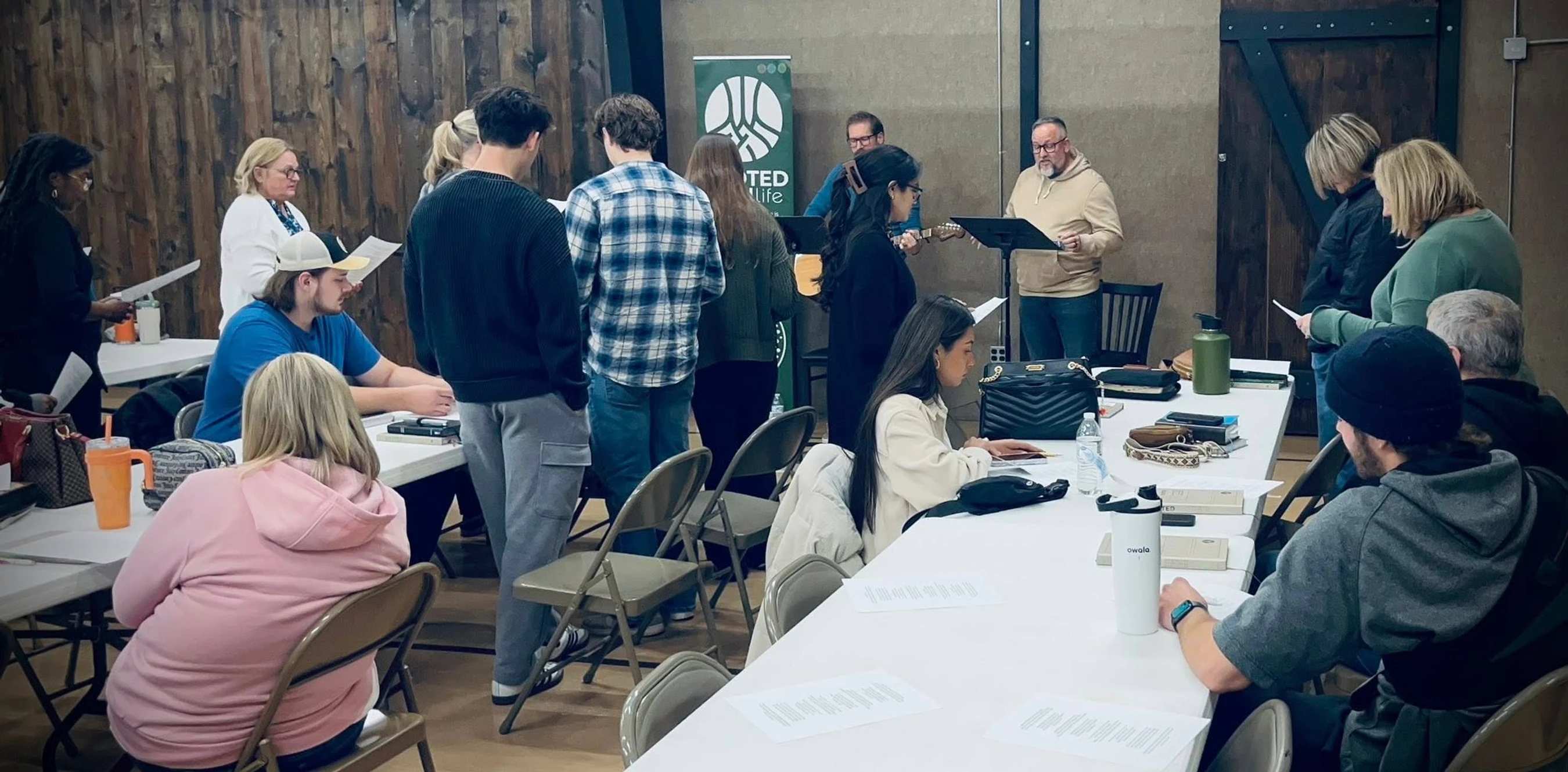Mission: Setting the table for people to Encounter God, Embrace Community, and Embody Mission.
We invite people to encounter God through community, worship, prayer, and the teaching of Scripture, under the Lordship of Jesus Christ. We create space for all to embrace a community of authentic relationships, encouraging and challenging one another to live a life through the transforming power of the Holy Spirit. Joining in the redemption of the world, we embody the mission of Jesus as we live in a posture of active humility and holy love.









